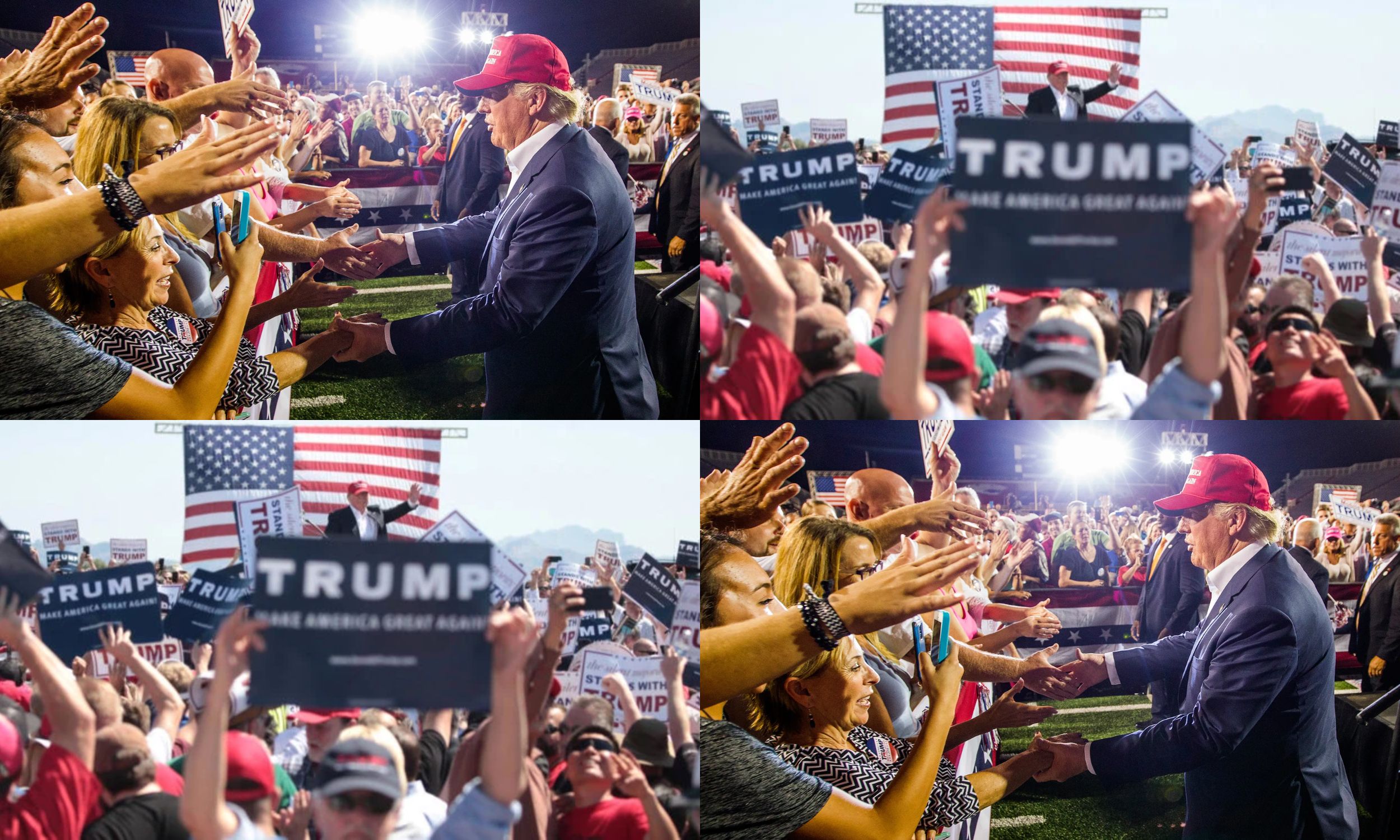James Carville, a prominent Democratic strategist, analyzed Vice President Harris’s campaign performance, stating that while she had advantages, her campaign lacked a compelling reason for voters to support her. During an interview on “The Bulwark Podcast” with Tim Miller, Carville explored the reasons behind Harris’s loss.
According to Carville, Harris had everything on her side—unified party support, from Dick Cheney to Alexandria Ocasio-Cortez, more volunteers, more funding, and a larger network of surrogates. Despite these resources, he argued, the campaign failed to offer a clear and motivating reason for voters to back her.
Carville emphasized that no amount of technology or volunteers could overcome the absence of a strong reason to vote for a candidate. He noted that since the beginning of politics, lacking a compelling cause has been a major obstacle that no resources can bypass. “Without a reason, nothing works,” he said, stressing that Harris failed to provide that crucial factor.

Carville also criticized President Biden for staying in the race, believing it stifled the rise of new, talented leaders who could have energized the party. He suggested that a more robust primary process could have led to a new generation of leaders, injecting energy and excitement into the campaign.
Had a proper primary process occurred, Carville believed, the party would have witnessed an influx of fresh talent, creating the kind of enthusiasm needed for a successful campaign. “It would have created a sense of real excitement,” he said. “Biden blocked all of that from happening.”
He further argued that Harris’s campaign fell short of offering real change to a country where many citizens felt they were headed in the wrong direction. The failure to present a distinct economic message, Carville noted, left the campaign without a meaningful alternative to the status quo.
“If the country wants something different, you try to give the country something different,” Carville said, pointing out that Democrats instead responded defensively, hoping the unpopularity of President-elect Trump and the Dobbs decision would be enough to sway voters. “Well, we didn’t overcome it,” he added.
A pivotal moment in Harris’s campaign, Carville said, was her lack of response on “The View” when asked how her policies would differ from Biden’s. He described it as a critical misstep, emphasizing that the question was one she needed to answer confidently, but instead, she froze and struggled to respond.
“That’s the money question,” Carville reflected. “And you freeze, you literally freeze.” He described the moment as “devastating” for Harris’s campaign, noting that when history reviews the race, that moment will stand out as a turning point.


